1.7K
Project Censored Welcomes Our Summer Interns
Project Censored is delighted to welcome our student interns for Summer 2024.
Da’Taeveyon Daniels, a dedicated student activist from Fort Worth, Texas, currently studying at Lonestar Virtual, is a leading voice in youth advocacy and civic engagement. He fosters collaboration among youth advocates and policymakers, driving tangible policy reforms.
Lamees Hijazi is a San Francisco State University senior majoring in history, with minors in Middle East and Islamic Studies, and Arab and Muslim Ethnicities and Diasporas. Her interests include multiculturalism, social justice, anti-imperialism, internally displaced peoples, Indigenous studies, and global anti-colonial solidarity.
Leo Koulish is a senior at New York University Gallatin, where he studies narratives of resistance through art and writing and minoring in disability studies. Leo is currently working on a photo essay and oral history series about Colombian Transgender people in an attempt to understand the impacts of diasporic culture on gender.
Nicole Mendez-Villarubia is a senior at North Central College studying journalism, gender studies, and sociology. Some of her favorite things to talk about are disability justice, queer media, and her cat, Tina.
Olivia Rosenberg is a senior at North Central College studying communication and sociology. She has experience in institutional communication and public relations as well as research for the Encyclopedia of Domestic Violence.
Summer interns will be engaged in the Project’s daily work, which includes identifying and vetting independent news stories, researching current news topics and issues in press freedom, communicating with partner organizations, and promoting the Project’s work through its website, social media channels, radio program, and public events.
We at Project Censored are thrilled by the opportunity to work with Da’Taeveyon, Lamees, Leo, Nicole, and Olivia this summer.
New Video Series Addresses Critical Media Literacy, Independent Journalism, and Civic Engagement
Our newest video series, Decoding Democracy: Exploring Critical Media Literacy Education, Independent Journalism, and Civic Engagement, features expert scholars, journalists, and media activists discussing how an informed public can protect democracy from corporate interests, social media manipulation, press distractions, and censorship.
Overall, the goal of the Decoding Democracy video series is to empower individuals to navigate the media landscape and political climate as engaged community members and citizens. Each of the videos, which average 20–30 minutes in length, addresses a particular topic:
The series was produced with help from the Union for Democratic Communications (UDC). Most of these recordings took place at UDC’s “Left Undone” conference, a collaboration between the University of Pennsylvania’s Annenberg School for Communication and Rutgers University School of Communication and Information, held in Philadelphia in October 2023.
The full Decoding Democracy series is available directly from the Project Censored website and via Project Censored’s YouTube channel.
Project Receives Reynolds Journalism Institute Fellowship to Promote Algorithmic Literacy for Journalists
The Donald W. Reynolds Journalism Institute (RJI) at the Missouri School of Journalism has awarded Andy Lee Roth and Project Censored a fellowship to promote algorithmic literacy for journalists. The Project’s proposal, one of seven funded proposals out of some 200 submitted to RJI, will support a collaboration between Project Censored and MintPress News, an award-winning digital news outlet based in Minneapolis.
Working with the staff of MintPress News, Roth and Project Censored will develop an interactive “toolkit” of web-based resources to equip journalists with a comprehensive understanding of how artificial intelligence (AI) influences the creation and reach of their work, and to encourage them to report more informatively about the impact of algorithms (and AI more generally) on journalism.
More specifically, the fellowship project will focus on “helping independent journalists and newsrooms whose digital content has been subject to shadowbanning, demonetization, and other forms of online speech filtering that restrict them from reaching a wider audience.”
“Most working reporters and editorial staff lack the time or the training to fully appreciate the impacts of artificial intelligence on their daily work routines,” Roth said. “Every journalist, regardless of specialty, can benefit from enhanced algorithmic literacy.”
Censored Press Happenings
Just in time for its “book birthday,” Going Remote: A Teacher’s Journey, written by Adam Bessie and illustrated by Peter Glanting, has been shortlisted for two prestigious honors. The New York Public Library recognized Going Remote as one of the Best New Comics of 2023 for Adults. It also scored a place on the Graphic Medicine International Collective’s shortlist for outstanding health-related comic projects of 2023.
Mischa Geracoulis published Making Curricular Space for Critical Media Literacy and Human Rights Education in the United States in the International Journal of Human Rights Education.
Andy Lee Roth published Pro-Israel Legislators Have Concocted a Dangerous Ruse to Shut Down Nonprofits at Truthout. See the May 13 episode of The Project Censored Show, noted below, for more about the topic of Roth’s article.
Mickey Huff was the featured guest on Jill Cody’s Be Bold America! on KSQD community radio out of Santa Cruz, CA. Huff and Cody discussed Project Censored’s State of the Free Press 2024.
Dispatches on Media and Politics and Other Publications
In conjunction with World Press Freedom Day, observed on May 3rd, Mickey Huff and Nolan Higdon published The Press Freedom Clock Is TikToking. From the persecution of WikiLeaks publisher Julian Assange, to establishment media propaganda that denies Israel’s genocidal violence against Palestinians in Gaza, and growing agitation over control of the social media platform TikTok, Huff and Higdon warn that “efforts to control freedom of information will undoubtedly create chilling effects.” These flashpoints in the battle for press freedom highlight the necessity of truly independent journalism and the importance of defending the principles of World Press Freedom Day, not just once a year but every day. See the May 13 episode of The Project Censored Show, noted below, for more about the topic of Huff and Higdon’s article.
Nancy Kranich—who coordinates the Library and Information Science concentration at the Rutgers University School of Communication and Information and also serves as one of Project Censored’s esteemed judges—published Free People Read Freely. Her Dispatch details the growing resistance to book bans, as evidenced by new state laws, innovative library programs, the emergence of grassroots advocacy groups, and polls demonstrating high levels of public trust in librarians. Noting that “the freedom to read remains fragile,” Kranich, a past president of the American Library Association (ALA), calls for a “broad coalition of advocates” to join those already on the frontlines of its defense. Note: Project Censored is a proud member of the Banned Books Week Coalition.
Twice per month, the Project’s Dispatches series offers a cogent analysis of the latest media industry news, the state of the free press, and the intersection of media and politics. Find the complete Dispatches on Media and Politics series here.
The Project Censored Show
Follow the links for each episode to learn more about the Show’s featured guests and content. Find the comprehensive archive of Project Censored Show episodes here.

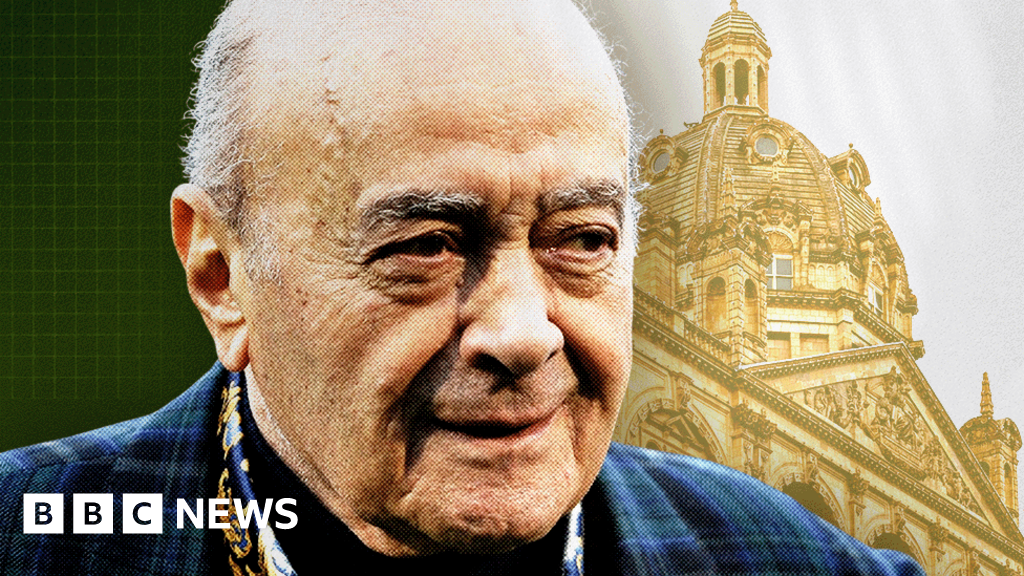



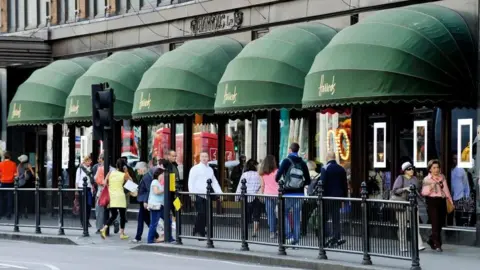
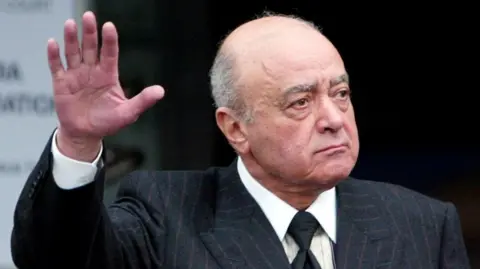
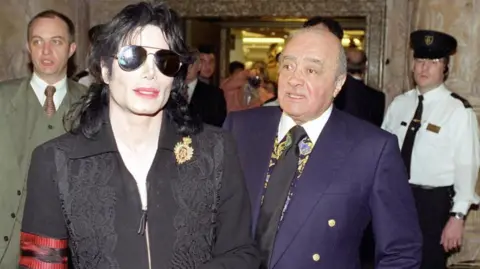

















































































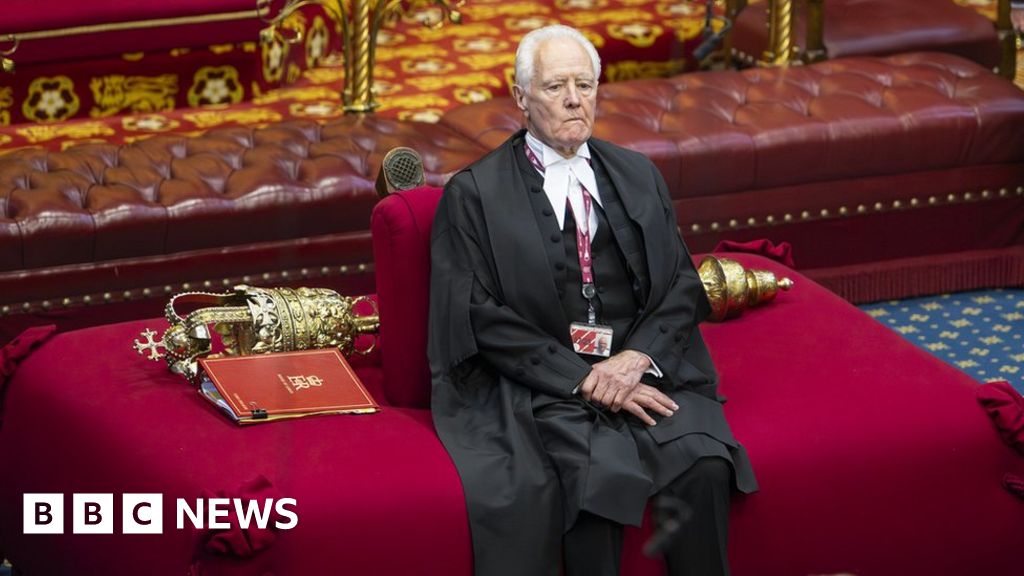
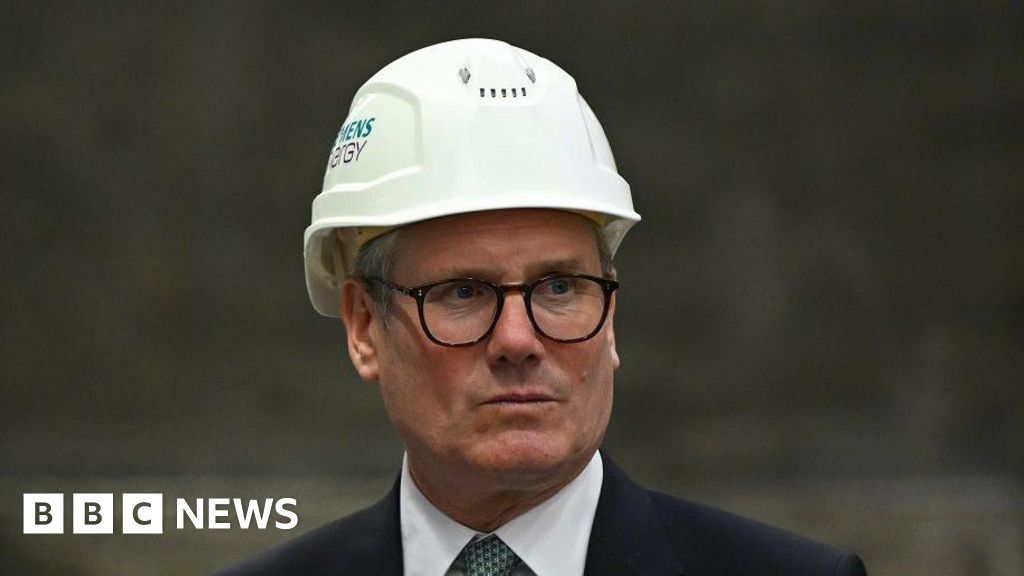






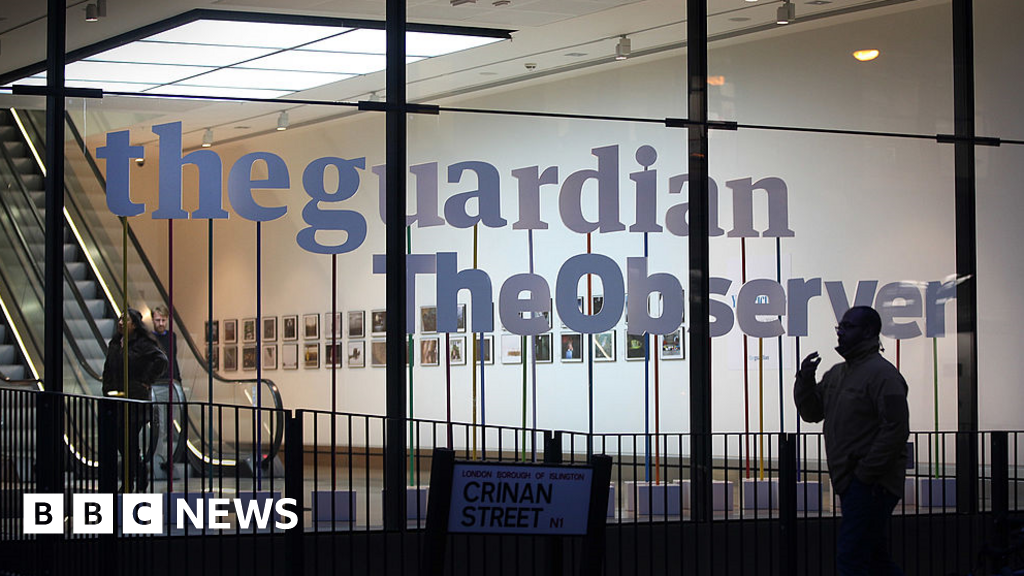








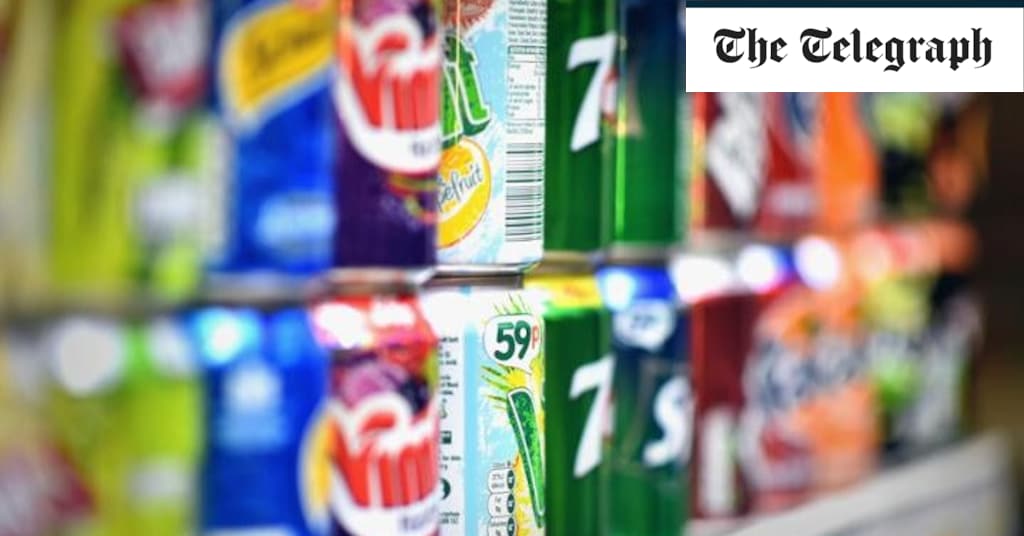





















You must be logged in to post a comment Login